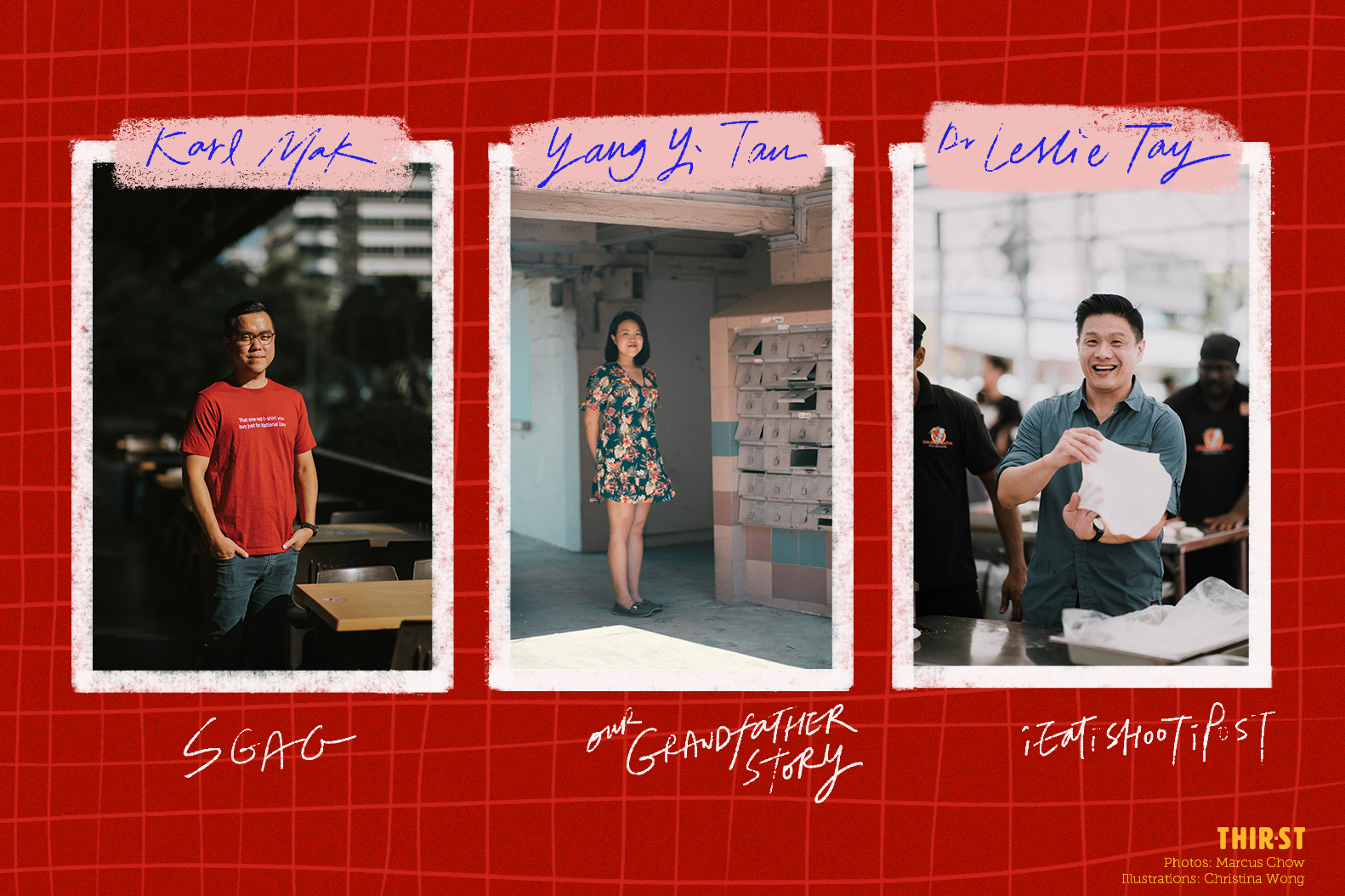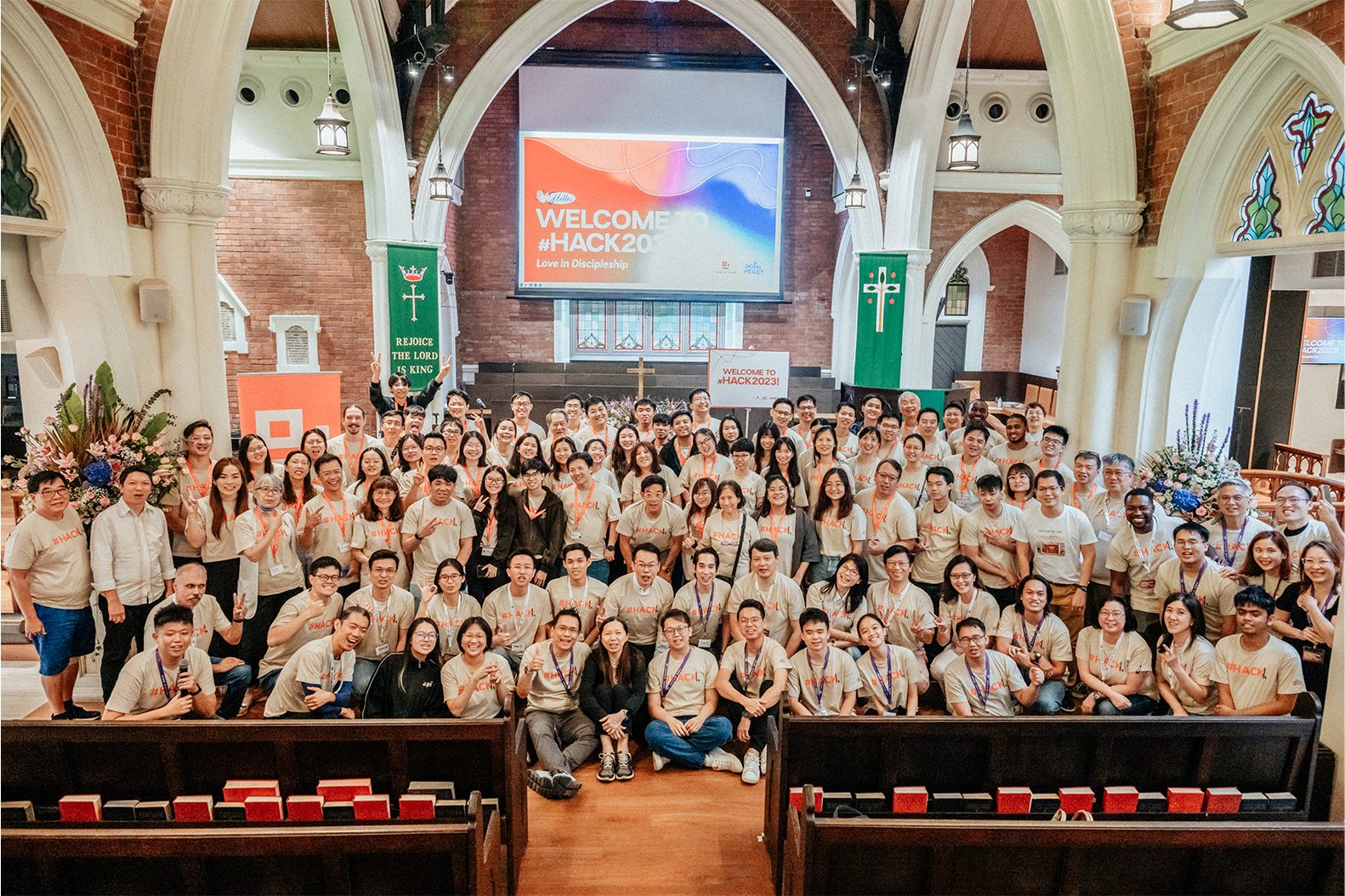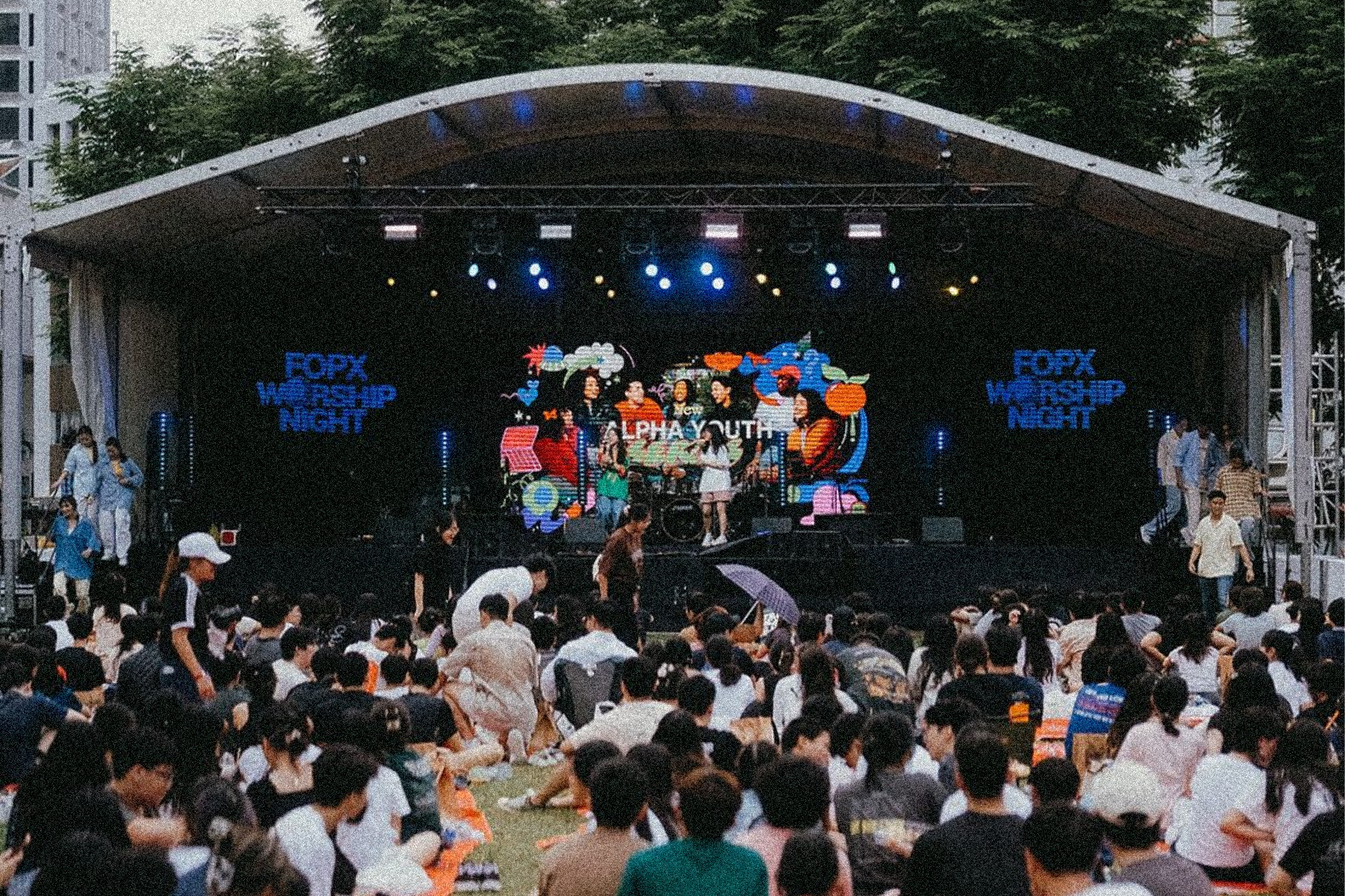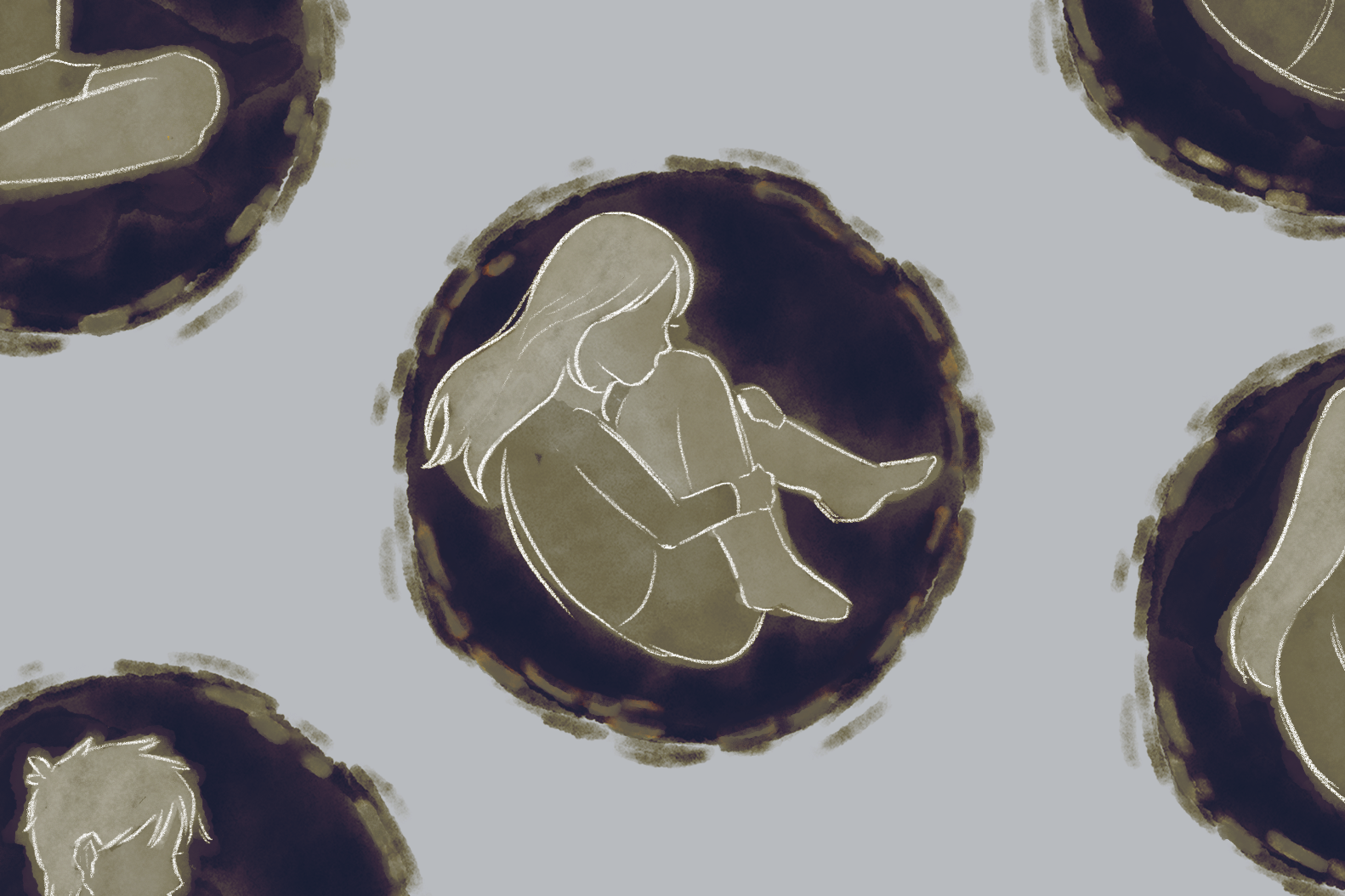What do SGAG, Our Grandfather Story (OGS) and ieatishootipost have in common? They champion narratives that are uniquely Singaporean! From local humour to local stories and even local food, they are the ones making a Singaporean splash in a global sea of cultures.
This National Day, we take it to these internet advocates – Karl Mak from SGAG, Yang Yi Tan from OGS and Dr Leslie Tay from ieatishootipost – to talk to us about what it means to be a Singaporean and the part they play in shaping and preserving our national flavours through their work.
Tell us about who you are and what you do!
Leslie: In the last 13 years, I have written much about Singapore’s rich hawker history as well as developing recipes for some of our favourite dishes like roti prata and pandan chiffon cake. ieatishootipost is an online space where I share my own gastronomic journey with my readers.
Karl: I’m the CEO and Co-founder of Hepmil Media Group. We own and operate regional content brands such as SGAG, SGEEK, MGAG (Malaysia) and PGAG (Philippines). My role involves taking charge of the overall business expansion and strategy for the entire group.
Yang Yi: Our Grandfather Story (OGS) is a content publisher that covers overlooked narratives in Southeast Asia. As the co-founder of OGS, I have two roles: To create content and manage finance.
Why do local stories matter to you?
Karl: Before SGAG, most of the content we were consuming in the comedy space was usually from the West, but we felt that there were so many funny local stories to share and we wanted to build a platform for these stories. Local stories matter because they give a unique opportunity for us to share laughter and quirks that define us as Singaporeans.
Yang Yi: From a regional point of view, we want to show the uniqueness of Singapore to the global community. Also, stories are intrinsically personal; I believe that when we share our local stories, we connect, heal and empower people.
Leslie: Local stories tell us about who we are and where we have come from. The history of our local food connects us with the generations of Singaporeans who have gone before us.
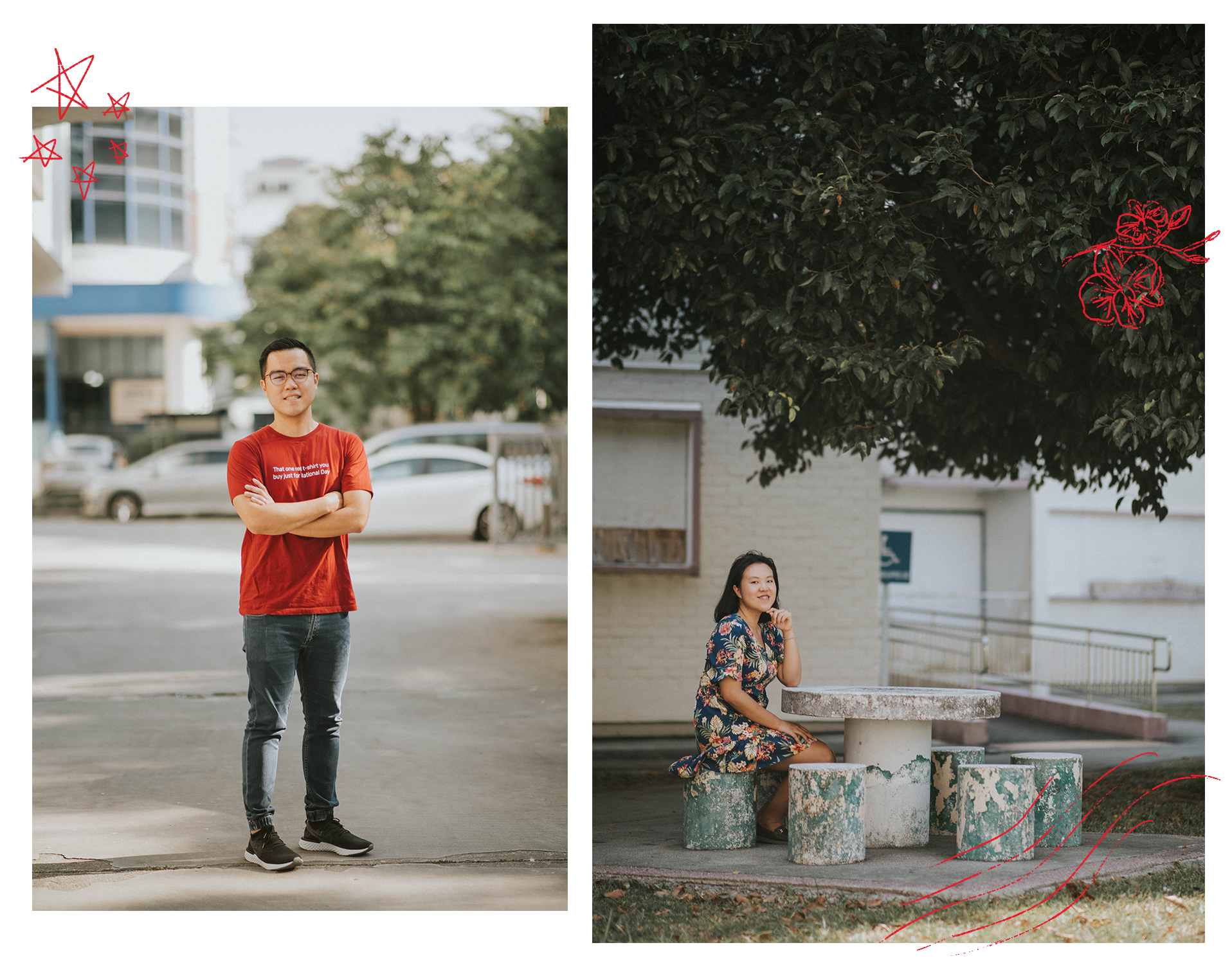
Among all the local stories you’ve come across, which is the most memorable and why?
Yang Yi: The chou chou story was a memorable one for me. I remember the shoot was from 2am to 10am, with some free time as I was just waiting for the sun to rise and the market to get crowded. During that free period, I was plucking beansprouts with the aunties and we were sharing about our lives.
It was just a very nice feeling. I’m always thankful when people are willing to open up and share their personal lives with me.
I was also quite stunned by the amount of effort behind making one chou chou (smelly pillow). In terms of materials, it’s just beansprout shells and cloth, but it’s so much work. I think people should learn about it to appreciate their chou chou more.
Karl: The most memorable story that comes to mind would be the prank we played on Pokemon Go players in Hougang back in 2016. The team had an impromptu idea to shoot the prank video that afternoon and we decided to execute it that very evening.
We had little experience in making videos back then and really didn’t expect much from this little prank video. The results of the video took us by surprise, garnering 5.6 million views on Facebook and causing quite a stir on social media – that was really nerve-wracking and exciting for our young team.
Leslie: Oh, there are so many, but if I were to pick the most significant one, it would have to be the story of yusheng. This dish which was popularised by the Four Heavenly Kings of Cantonese Cuisine in the 60s has become a cultural icon of Chinese New Year which has even been exported to Hong Kong and China!
Yang Yi, OGS’ latest season of Can Ask Meh is gaining a lot of traction online. How did the idea of asking Singaporeans sensitive questions come about and why is it important?
Yang Yi: We started Can Ask Meh because we were curious about the minority and/or misunderstood groups in Singapore. We wanted to hear their honest thoughts. Behind asking all these sensitive questions, the vision is to create a better understanding of these profile groups so that as a society, we can better support each other.
Karl, what about SGAG’s card game, The Singaporean Dream? Tell us more about the vision behind it and what it took to craft those classic Singaporean personalities, actions and dream cards.
Karl: By 2018, we had been creating digital content full-time for close to four years. We started thinking about the possibilities of extending our mission of making every Singaporean’s day a better one in a physical sense.
We have a very playful culture within the team, so we were wondering if we could bring the same laughter and fun into the homes of Singaporeans.
With these thoughts floating around, we chanced upon The Singaporean Dream on Kickstarter and developed a partnership with Theresa, the game’s original creator, to scale up the game. Our game development team introduced new gameplay mechanics with the focus of generating maximum laughter with uniquely Singaporean actions and mechanics.
We wanted to make The Singaporean Dream the game that would make Singaporeans put away their phones and share a good laugh with their friends and family.
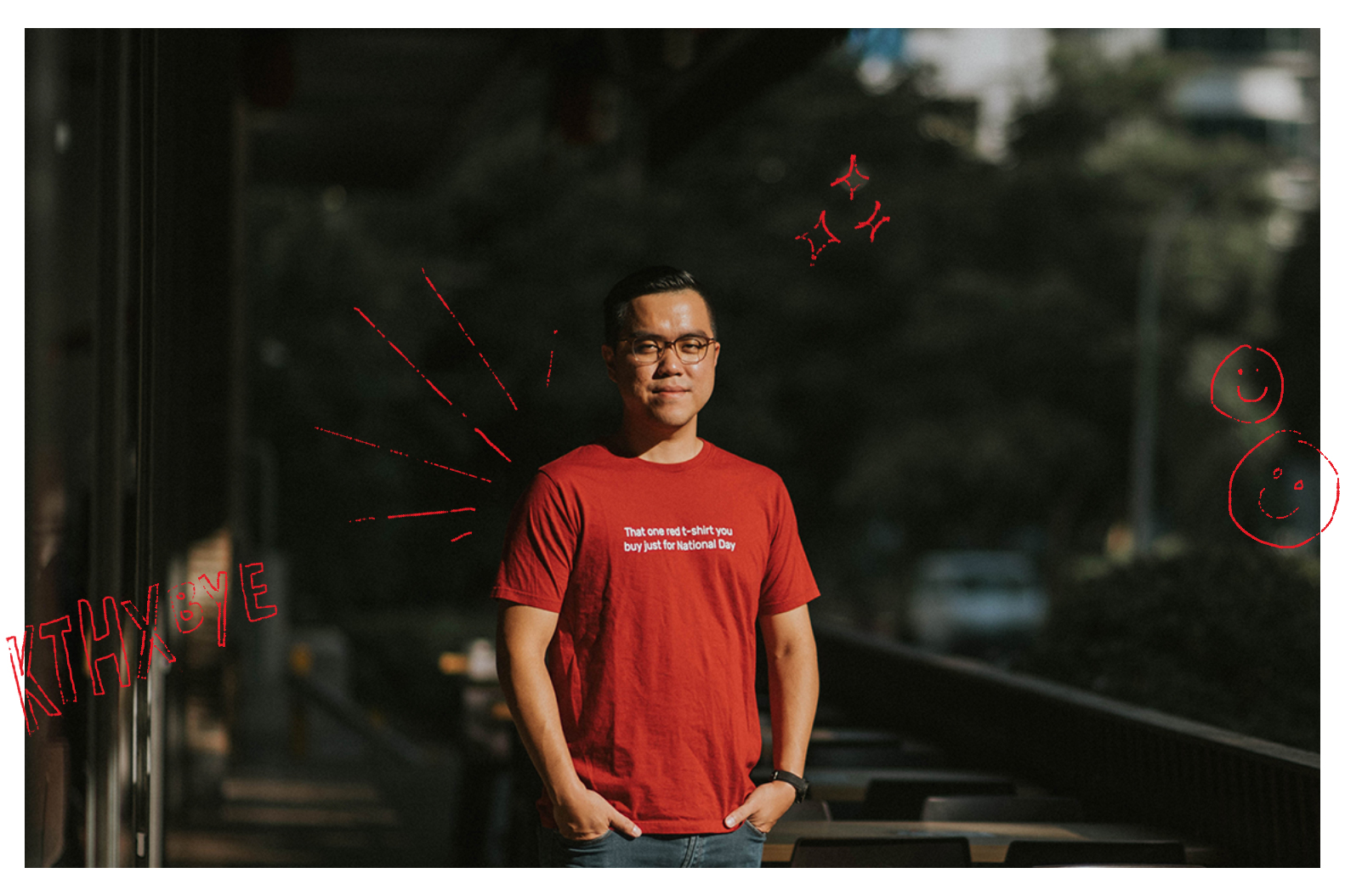
Leslie, why do you have a Do Good section on your food blog?
Leslie: As a Christian, we are reminded to “love our neighbour as we love ourselves” (Mark 12:30-31) and “it is more blessed to give than to receive” (Acts 20:35). So, while we enjoy our food here in Singapore, we should also pause to spare a thought for those who are not as privileged as we are.
What role do you think your work plays in shaping and influencing our culture?
Karl: I think SGAG has a huge part to play in defining our local internet culture. We started SGAG because we see a ton of negativity across social media on a daily basis and we hope to be a positive force online through the laughter that we bring.
Yang Yi: Media is a communication tool, (but) it can get cluttered with noise. My personal hope is that my work would encourage people to appreciate more and complain less.
Leslie: I would like to think that ieatishootipost has somehow played a role in propagating the current conversation about the preservation of hawker food. When I published my book The End of Char Kway Teow in 2010, there was not as much talk about preserving our hawker heritage as there is nowadays.
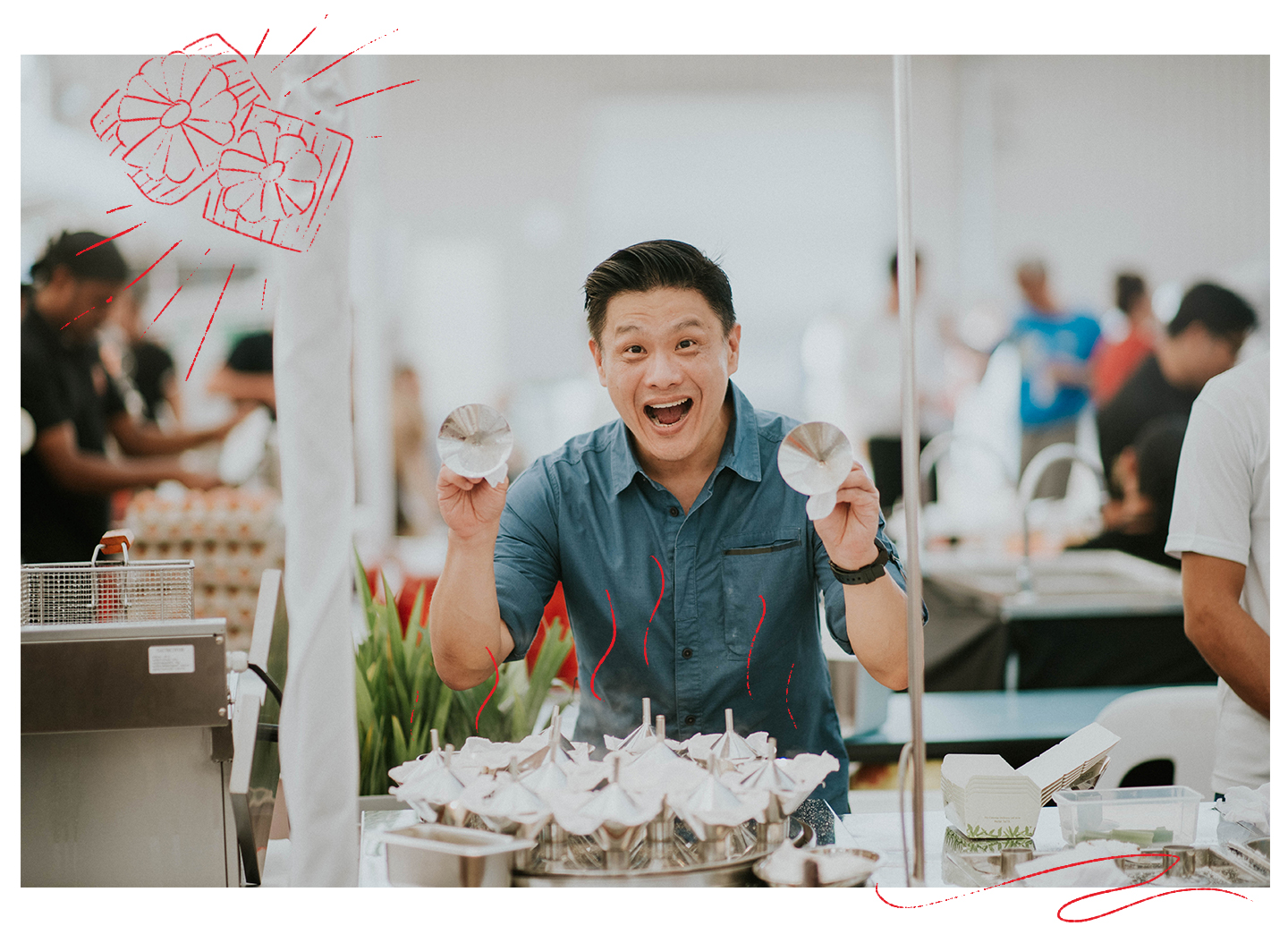
What does the Singaporean identity mean to you?
Yang Yi: Being born in Singapore is a blessing. We are protected from natural disasters, we are given the opportunity to study, we have drinkable tap water. So the Singaporean identity to me means that I’m blessed… to be a blessing to others.
Karl: I think the Singaporean identity is one that carries big dreams, hard work and unity that will carry us for generations ahead.
Leslie: Roti prata and kaya toast for breakfast, char kway teow and wanton mee for lunch, Hainanese curry rice and ngor hiang for dinner, and Hokkien mee and satay for supper. If I could only have one local delicacy for the rest of my life, it would be fried Hokkien mee! It has always been my favourite hawker dish since I was a kid.
What kind of Singapore would you like to see in the future?
Karl: I’d like to see a Singapore that’s courageous and takes bold strides into the future without forgetting to slow down to care for those that are seemingly forgotten and left behind.
Leslie: A kinder, gentler society where the pursuit of meaning, purpose and togetherness is more important than material goods.
Yang Yi: I hope for Singapore to be a united nation, a humble country who remembers how far we have come, and continues to show compassion to people within and without.
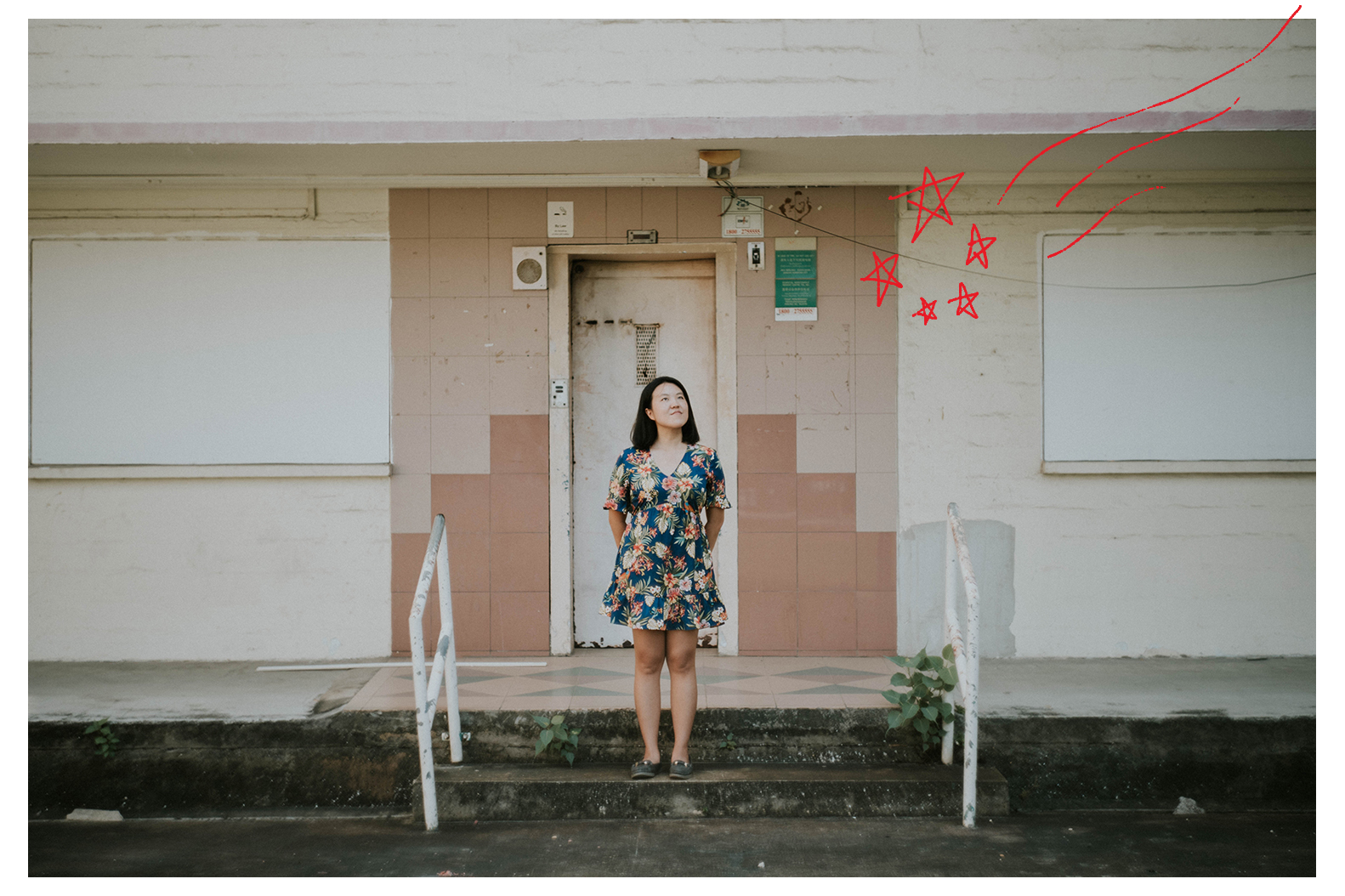
Do you have a message for young Singaporeans?
Leslie: Stop to ask for wisdom and direction before proceeding on your journey. The worst thing in life is to arrive at your destination only to realise that it isn’t where you actually want to be.
Karl: Singapore needs bigger dreamers and bolder doers so don’t be afraid to take the path less travelled.
Yang Yi: Cultures are birthed out of our values. Set the culture you want by holding firm to your values.
- What do you think is the Singaporean identity?
- Are you proud to be a Singaporean? Why or why not?
- What can you do to contribute to creating a better Singaporean culture?
- What are your dreams for Singapore?


